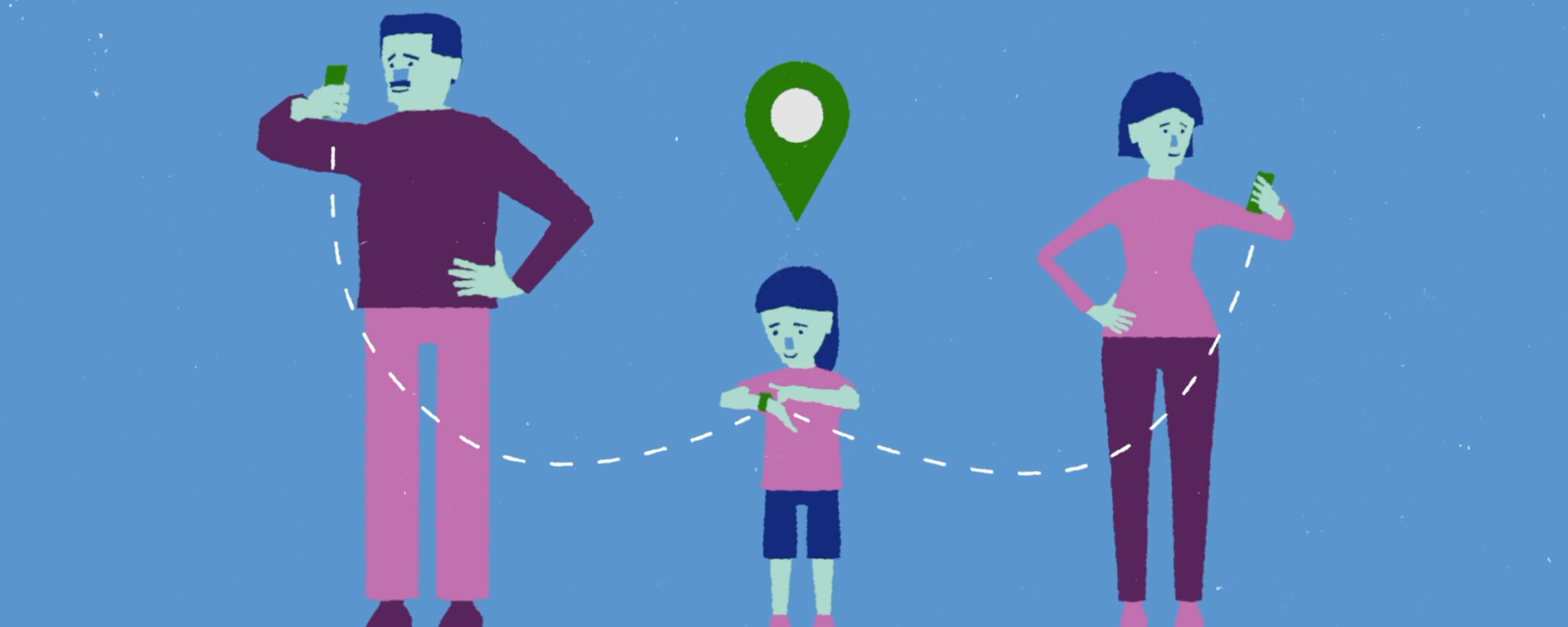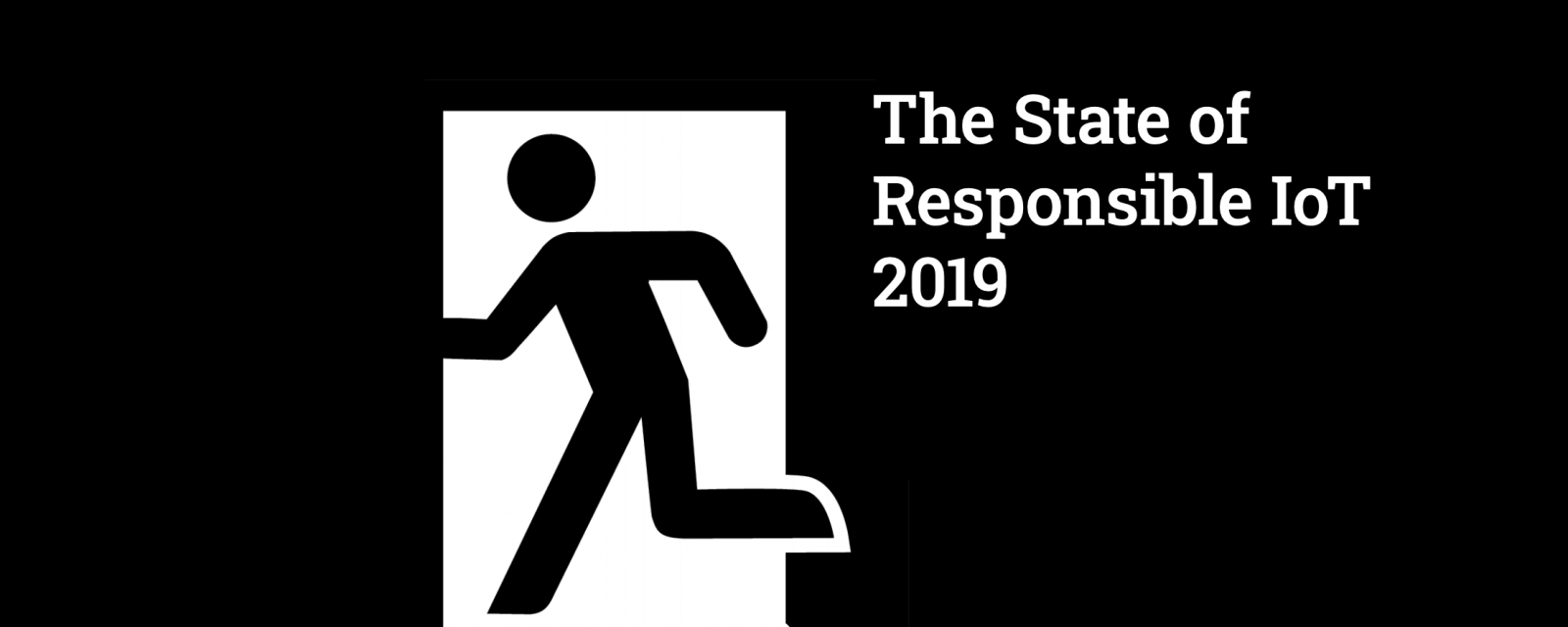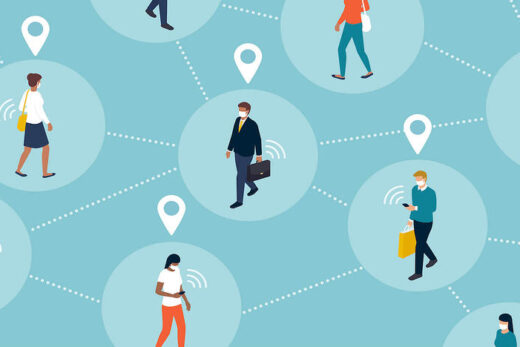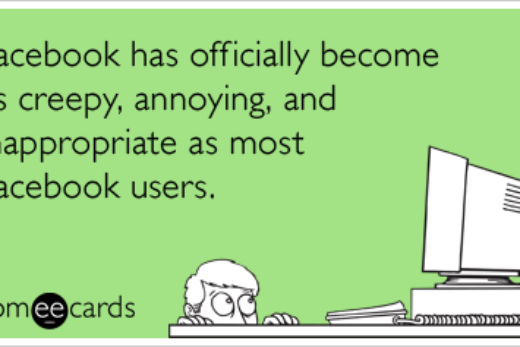What does having new means of surveillance, visibility and knowing through IoT devices means for our close relationships?
This post was originally published on virteuproject.eu and reposted here. This is a response I wrote to a journalist request for comment and then expanded into a blogpost as this is directly relevant to the kinds of questions we answered in the VIRT-EU project.
 The other day a journalist from a Danish news paper asked me about the use of the cheap cameras (spy cameras connected to the internet) camouflaged as USB-sticks, drinking bottles, fire detectors and so on (here is an example). These cameras are often used by family members to covertly monitor each other for a variety of reasons (not all of them insidious). The reporter was curious whether our increasing comfort with being monitored by our mobile phones could be the reason people might be more ok with surveilling those closest to us. This got me thinking about surveillance, IoT and close relationships. After all, it is IoT that makes this possible and there are certainly questions of ethics to consider here.
The other day a journalist from a Danish news paper asked me about the use of the cheap cameras (spy cameras connected to the internet) camouflaged as USB-sticks, drinking bottles, fire detectors and so on (here is an example). These cameras are often used by family members to covertly monitor each other for a variety of reasons (not all of them insidious). The reporter was curious whether our increasing comfort with being monitored by our mobile phones could be the reason people might be more ok with surveilling those closest to us. This got me thinking about surveillance, IoT and close relationships. After all, it is IoT that makes this possible and there are certainly questions of ethics to consider here.
Is the Weasley clock a form of surveillance?
Surveillance in close relationships is not a new thing – remember the Weasley clock in Harry Porter? The clock let the family members at home know where their loved ones were when they were out of the house and notified if they were “in mortal peril”. Over a decade ago some researchers at the Microsoft Cambridge UK research lab created something called “the whereabouts clock” to study how people might react to disclosing their location in this way. They found that people were mostly ok with using this technology (as part of an experimental study and for a short period of time). This isn’t all that surprising and you can build or purchase your own version of such a clock.
This makes sense to most of people. We want to know where our loved ones are, whether they are ok. People worry and different forms of knowing (some through surveillance) are often thought of as “peace of mind” which explains the immense proliferation of various children monitoring and tracking tech and apps (we have reviewed some of these in an ethical unboxing video). Most people wouldn’t call this surveillance though, even though in many ways it is.
Surveillance – who is watching?
Surveillance can be defined as “watching from above” and it implies an imbalance of power between the watcher and the watched. There have been many attempts to reframe surveillance. For example Steve Mann developed the notion of sousveillance (watching from below – referring to the ability of the common man to monitor the actions of those in power) and Marc Andrejevic introduced the idea of lateral surveillance, defined as people keeping track of, watching or “watching out” for each other. If you think about it, “watch your children” is a common (and age old) imperative for parents to make sure to “keep an eye” on their children lest they misbehave or put themselves in some sort of danger. The idea of watching out for (or surveilling) our loved ones is as old as human relationships really, so it’s no surprise that new technologies get put to that sort of use.
The thing is, every time new types of technology come get brought into personal relationships, our personal relationships have to be renegotiated to establish what these new visibilities mean and what are the norms, expectations and obligations of being together or apart. It’s the same for Facebook and mobile phones as much as it is for security cameras and the Weasley clock. If there is technology available, people will use it. Often they will use it with the best intentions, able to help, support and take care of their children and loved ones. Sometimes though you will have awkward, negative and perhaps even terrible outcomes. Imagine the Weasley clock taken over by “he who must not be named” to keep track of hapless heroes in the Harry Potter universe.
We can come up with positive and negative scenarios for such tracking technology but there is another point to consider. Today’s technology does not only result in people inside homes having to renegotiate what watching each other and knowing new information about each other means given cameras and new technologies. Bringing in technology of this sort into the home also means bringing in other parties, companies, entities into the home – opening up the home to external parties that gain this extremely private content. If you put in NEST cameras, it’s not just you who gets to see what your kids or cats do when you are not there, Google and many other stakeholders do too. If you install a Ring doorbell camera, it’s not just for you, but also for the company producing the technology, the network service providers, even law enforcement in some cases get to look out of the doorbell on the goings on of your porch. It’s sort of like going to bed with a lover – and suddenly discovering that there are a lot more people/entities under the sheets with you.
Is this the new normal?
Do we just accept surveillance because we are being surveilled by so many entities all the time? I don’t think it’s quite that simple. Sure, Google knows the content of your email or the search terms you use, but this does not change your feeling that for you to sneak a peak at your partner’s private email inbox is probably wrong. We negotiate these things with each other all the time. Facebook stalking and Google stalking is becoming a norm you sort of expect (though it still might feel a bit risqué and pushing boundaries for some). This sort of knowing though eventually comes out and is made visible to people involved and then relational negotiation has to happen. If you teach your kids that it is ok for parents to always know where the kids are, then the kids will learn to expect this in their family relationships. How they conduct their peer relationships will likely be different and is something they will negotiate themselves over time.
What does having new means of surveillance, visibility and knowing means for our close relationships? Every person will be working that out and as a society we will be working out norms of what that means too. I don’t think it is time to ring alarms over horrible changes in how we relate though. Instead, I think it is important to recognize the expansion of parties involved every time we use the tech to watch each other.
So, is this a problem we should worry about?
The problems and benefits of new forms of monitoring in intimate relationships will continue to vary by context, cultural expectations, social conditions, etc. There are no right and wrong answers really and it would be too simplistic to think in these terms. The upside might be a sense of safety, security, less worry. The downside might be a loss of a sense of independence but that is only if you think about western middle-class parents and their children… maybe… and even then, doesn’t apply to most.
This kind of interpersonal surveillance or watching over is not a “new” thing – it isn’t as if now that we have “surveillance capitalism” we suddenly have discovered we can monitor those closest to us as well. Technologies offer new ways of knowing and we negotiate what that means in our relationships because new ways of knowing bring with them new obligations and expectations, new things we must account for to each other, new concerns. This happens though even without explicit attempts at surveillance. Just making new data available and visible – for example suddenly being able to tell when the shower has been used and for how long and whether the lights are on or off at different times of the day – is new knowledge about each other’s behavior and practices that wasn’t available before (even if you live together for decades). This new kind of knowing will often force people to explain themselves in ways they never had to before. Is this a form of surveillance? Maybe and maybe not, but it is a new form of visibility and that’s the important part.




